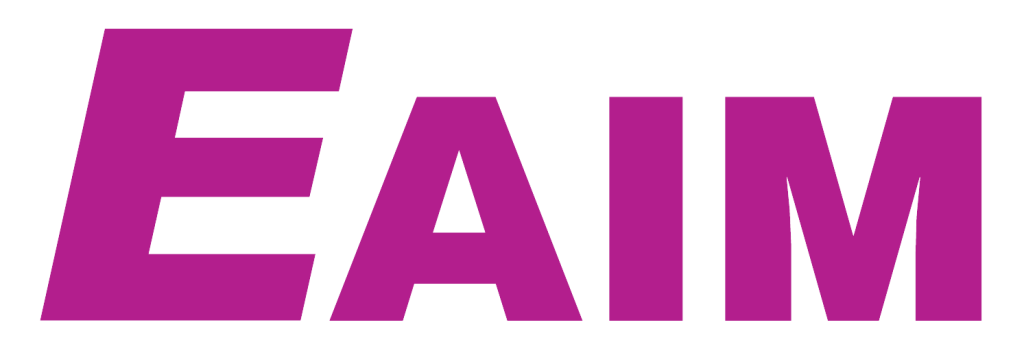Psychology and Mental Health
Psychology and mental health are essential to understanding and improving individual and community well-being. In 2019, approximately 970 million people globally were living with a mental disorder, with anxiety and depression being the most prevalent (World Health Organization). Professionals in the field play a pivotal role in addressing these concerns by offering assessments and treatments that enhance quality of life and prevent relapse (Centre for Addiction and Mental Health).
At EAIM, our programmes prepare students to contribute to a healthier, more compassionate society by developing expertise in psychology and mental health care.


